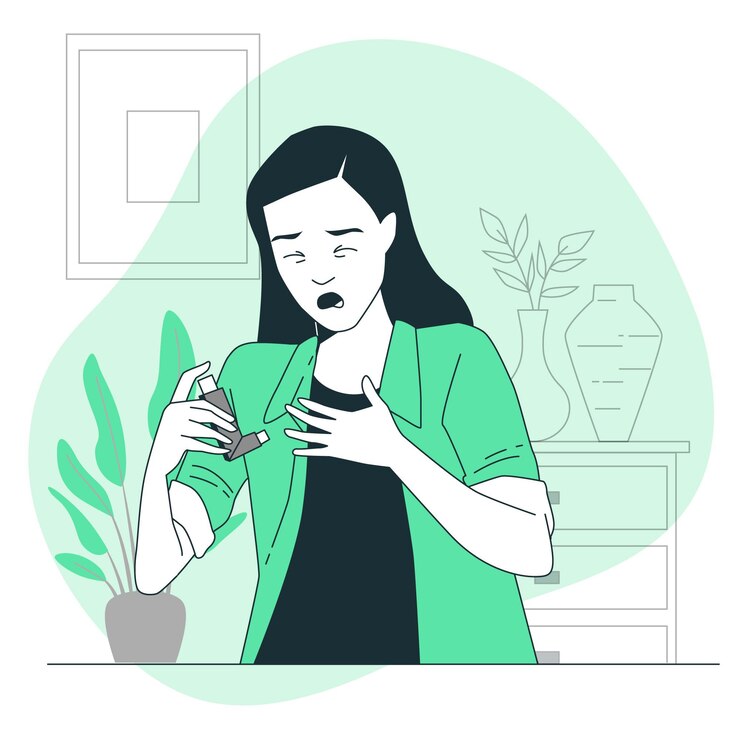
Contact Dermatitis: Identifying and Avoiding Irritants and Allergens
Have you ever noticed red, itchy, or swollen skin after touching something? That might be contact dermatitis at work. It’s a common skin condition caused by coming into contact with irritants or allergens. Let’s dive into what contact dermatitis is, how to identify it, and ways to avoid those pesky triggers.
What is Contact Dermatitis?
Contact dermatitis is a fancy way of saying your skin gets angry when it touches something it doesn’t like. It can happen to anyone and usually shows up as redness, itching, swelling, or even blisters on the skin. The triggers for contact dermatitis can be different for everyone, but they often include things like soaps, detergents, cosmetics, metals, and plants like poison ivy.
Identifying Contact Dermatitis
Recognizing contact dermatitis is pretty straightforward. If your skin suddenly gets red, itchy, or inflamed after touching something, that might be the culprit. Sometimes the reaction shows up right away, but other times it can take a day or two to appear. Pay attention to what you’ve been touching when your skin acts up – that can help you figure out what’s causing the problem.
Avoiding Irritants and Allergens
The best way to deal with contact dermatitis is to avoid the things that trigger it. Here are some tips to help you steer clear of irritants and allergens:
- Read Labels: Check the ingredients in soaps, detergents, cosmetics, and skincare products to make sure they don’t contain anything you’re allergic to.
- Wear Gloves: If you’re doing chores like washing dishes or cleaning, wear gloves to protect your skin from harsh chemicals.
- Choose Hypoallergenic Products: Opt for products labeled as hypoallergenic, fragrance-free, or suitable for sensitive skin to minimize the risk of irritation.
- Be Mindful of Metals: Some people are allergic to certain metals like nickel or cobalt. If you notice a reaction after wearing jewelry or handling metal objects, try switching to hypoallergenic alternatives.
- Avoid Known Triggers: If you know you’re allergic to certain plants or substances, like poison ivy or latex, steer clear of them whenever possible.
Conclusion
Contact dermatitis can be a nuisance, but with some awareness and a few changes to your routine, you can minimize your exposure to irritants and allergens and keep your skin happy and healthy.
To seek medical advice, always consult a Doctor. Here are our recommended EXPERTS. Click here
To read more on SKIN. Click Here



